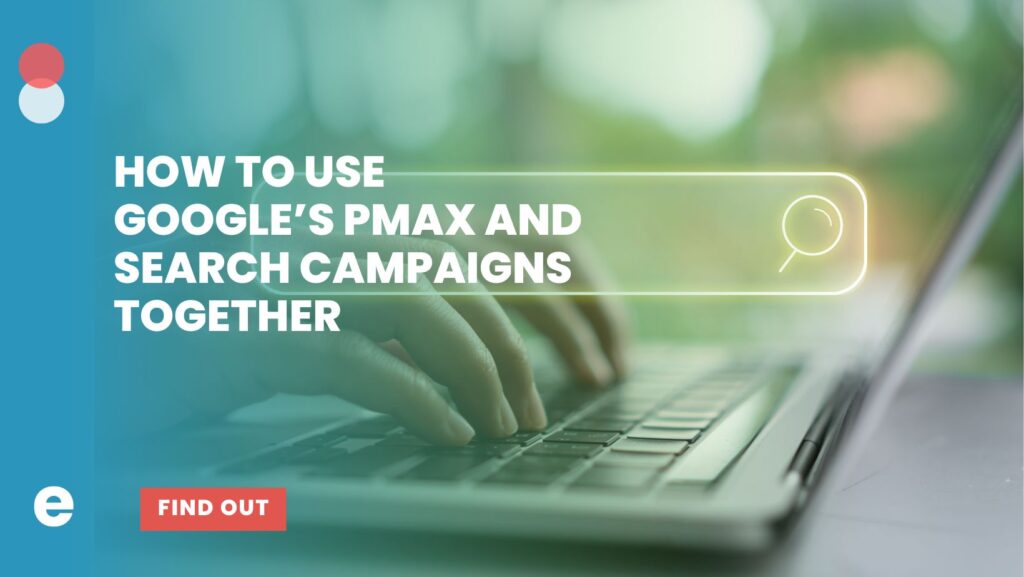In the ever-evolving digital marketing landscape, staying ahead of search engine algorithm updates is paramount for maintaining online visibility. Google, being the juggernaut of search engines, regularly tweaks its algorithms to enhance user experience and provide more relevant search results. One such significant update occurred in March, sending ripples through the digital community. At Enilon, we’ve been helping our clients stay ahead and navigate the changes in the search landscape through SEO best practices and evolving strategies. This blog post aims to dissect Google’s March update and its implications for your website’s performance and visibility.
Understanding Google’s March Update:
Google’s algorithm updates are often shrouded in mystery, but they typically aim to refine search results to match user intent more accurately. The March update is no exception. While Google doesn’t disclose all the specifics of its updates, industry experts and webmasters observe and analyze changes to understand their implications.
5 Key Changes in Google’s March Update and Their Implications:
- Core Algorithm Adjustments: Google’s core algorithm received tweaks to improve the overall quality of search results. This could mean changes in how Google evaluates and ranks websites based on factors like relevance, authority, and user experience. Websites that align closely with these criteria are likely to see positive impacts on their visibility.
- Page Experience Signals: Google has been gradually rolling out its page experience update, which focuses on user-centric metrics such as page loading speed, mobile-friendliness, and interactivity. The March update might have introduced further refinements to these signals, making them even more crucial for website rankings. Ensuring your website provides a seamless user experience across all devices is imperative post-update. Our Enilon speed-focused tech stack plays a big role in helping our clients deliver optimal website experiences.
- Content Quality and Relevance: Content remains king in the realm of SEO, and Google continues to prioritize high-quality, relevant content in its search results. The March update might have emphasized content quality more, penalizing thin or irrelevant content. Websites should focus on creating comprehensive, valuable content that addresses user queries (your customer’s questions) effectively.
- E-A-T Signals: Expertise, Authoritativeness, and Trustworthiness (E-A-T) have been central to Google’s search quality guidelines for some time. The March update could have reinforced the importance of these signals, particularly for websites in sensitive niches like health, finance, and news. Establishing your website as a credible source within your industry through authoritative content and reputable backlinks is crucial.
- Algorithmic Penalties: With every update, there’s the potential for algorithmic penalties for websites that violate Google’s guidelines. This could include tactics like keyword stuffing, cloaking, or low-quality link building. If your website experienced a significant drop in rankings post-update, it’s essential to conduct a thorough audit to identify and rectify any potential issues.
5 Ways to Adapt Your Website Strategy for Google’s March Update:
In light of Google’s March update, website owners and digital marketers must adapt their strategies accordingly. Here are some actionable steps to navigate the post-update landscape effectively:
- Audit Your Website: Conduct a comprehensive audit of your website to identify any areas that may need improvement, such as page loading speed, mobile responsiveness, and content quality. Tools like Google PageSpeed Insights and Google Search Console can provide valuable insights into your website’s performance.
- Optimize for Page Experience: Prioritize optimizing your website for a seamless page experience. This includes improving loading times, optimizing images and multimedia elements, and ensuring mobile responsiveness. Google’s Core Web Vitals metrics, including Largest Contentful Paint (LCP), First Input Delay (FID), and Cumulative Layout Shift (CLS), should be focal points of your optimization efforts.
- Focus on Content Quality: Invest in creating high-quality, relevant content that adds value to your audience. Conduct keyword research to identify topics and queries relevant to your niche, and create comprehensive, informative content that addresses these queries effectively. Have meetings with your sales and customer teams to discuss customer questions, concerns and objections to develop content that is relevant and helpful to their decision making process. Aim to become a go-to resource within your industry to bolster your website’s authority, relevance and conversion.
- Build Credibility and Trust: Establishing E-A-T signals is crucial for maintaining and improving your website’s visibility in search results. Showcase expertise through author bios and credentials, build authority through backlinks from reputable sources and instill trust through transparent communication and accurate information.
- Monitor and Adapt: Stay vigilant and monitor your website’s performance in the wake of Google’s March update. Track changes in rankings, traffic, and user engagement metrics, and be prepared to adapt your strategy accordingly. Keep watch on your website speed and optimize your site regularly to provide the best experience possible. Continuously iterate and optimize your website to align with evolving search engine algorithms and user expectations.
Summary of Google’s March Algorithm Update:
Google’s March update represents another step in the search engine giant’s ongoing quest to deliver the most relevant and high-quality search results to users. While the specifics of the update remain elusive, website owners and digital marketers can take proactive steps to navigate its effects effectively. By prioritizing page experience, content quality, and E-A-T signals, and remaining adaptable to future changes, you can ensure your website maintains its visibility and relevance in the ever-changing digital landscape.
Enilon focuses on helping our clients stay positioned to capture demand, which includes being SEO optimized for key terms that matter for the business and delivering on a website experience that drives conversions. If you feel your SEO and website experience could be improved, contact us to arrange a free audit so we can help optimize your digital experience quickly.


